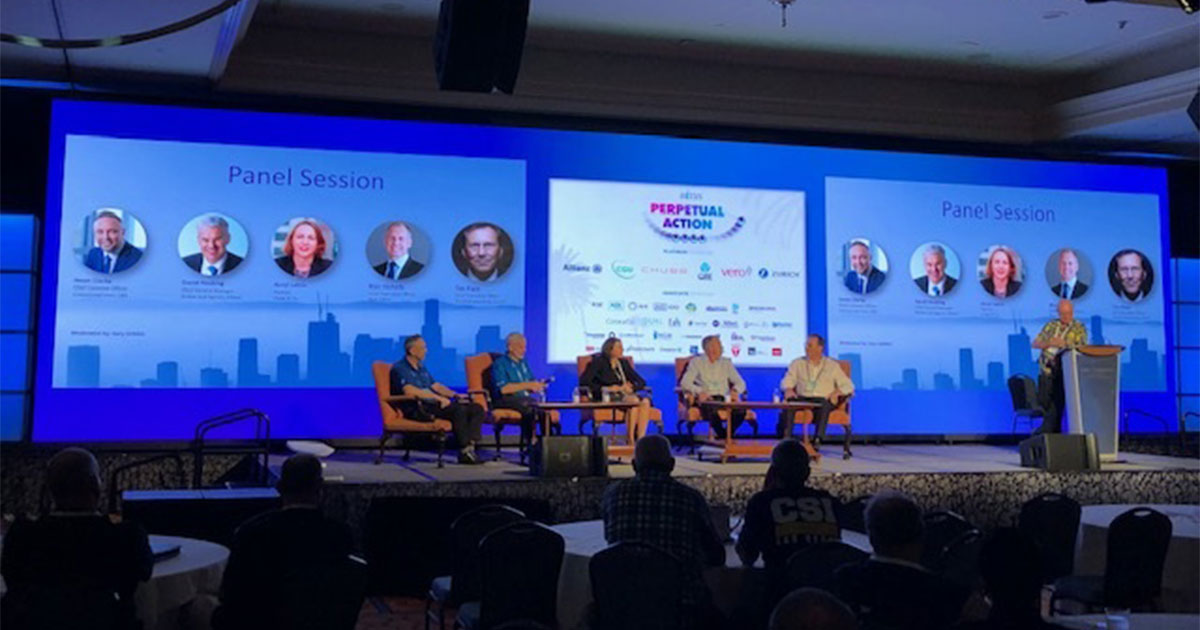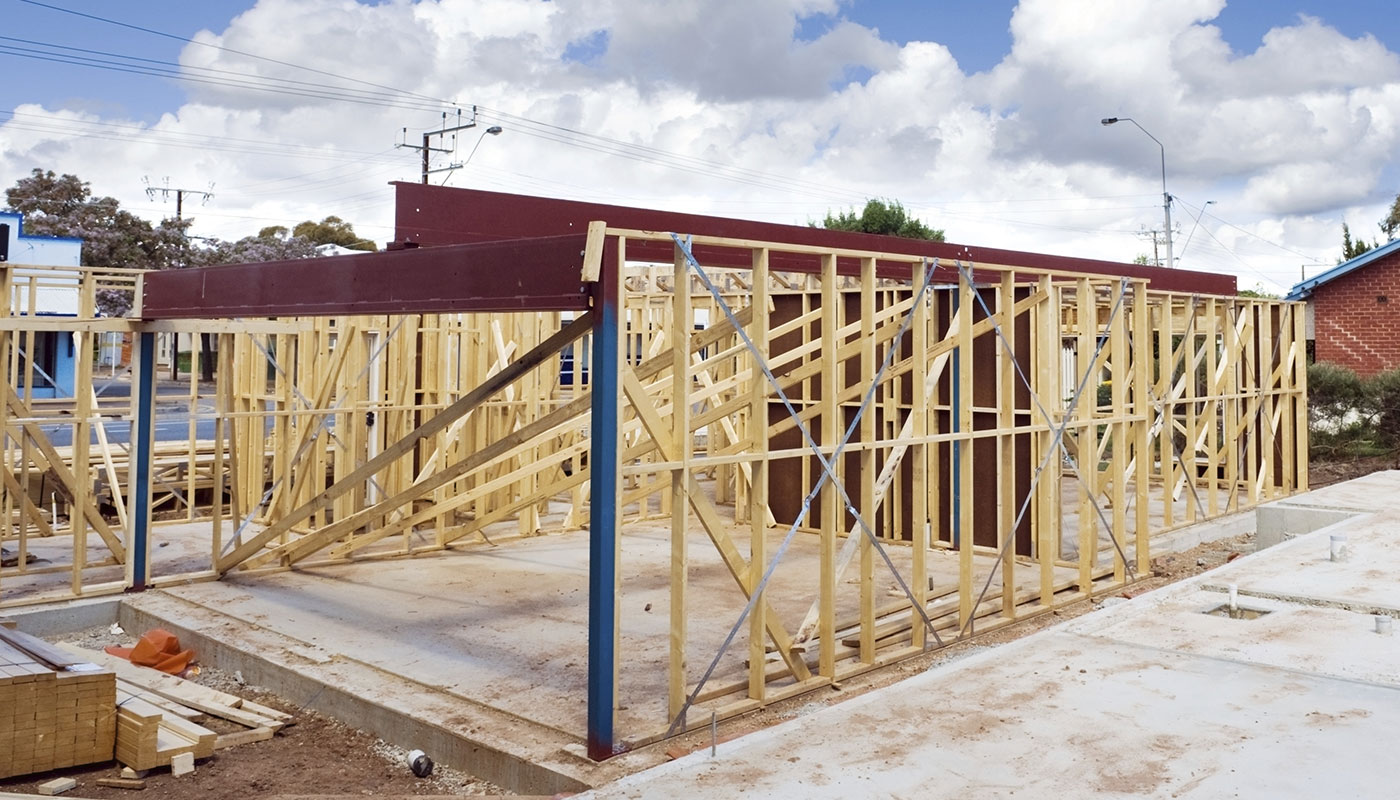As Australia and the rest of the world change the way they work, we would like to highlight a few areas of heightened risk during this time.
Many governments, including the Australian Government, have now introduced strict travel restrictions and travel advice relating to international travel and most recently Victoria and ACT declaring a State of Emergency.
While much of this will be a test over the coming months, it is likely insurance will not be the remedy to the economic challenges ahead. Unfortunately, many policies either exclude a pandemic or have insuring clauses that would not trigger in this instance.
Contract Works & Liability
Cessation of Works clauses vary between insurers and can be as low as 30 days which can trigger policy exclusions. While self-isolation timeframes are only generally 2-3 weeks, should these periods extend beyond the initial isolation, these exclusions could impact cover. Where staff are not attending site, maintaining a clean safe and secure site is critical. If you feel you will be offsite for an extended period please contact Master Builders Insurance Brokers (MBIB) so we can speak to your insurer about the potential of arranging an extension to cover.
Specific to Northern Territory and other regions where indigenous communities have been isolated, this exposure will be more pronounced with exclusions likely to impact cover if sites are left dormant for extended periods, and there is damage resulting. Where sites are abandoned, precautions should be taken to minimise the period of site abandonment, and site security should be maximised where possible.
Lack of availability of materials sourced overseas could potentially allow a contract to be deemed to be 'frustrated' which could allow the builder to argue for time extensions. If locally produced products are available, this would likely not 'frustrate' the contract and would be worn by the builder under most fixed-price contracts. If local/federal governments implement a complete shutdown, this may trigger a force majeure event, but often contracts signed will push liabilities onto the builder for these scenarios.
Generally, in construction insurance much like property insurance, there must be physical damage to the construction site for a loss to trigger. While some may argue that COVID 19 is an unforeseen event, the cover is very unlikely to trigger due to several standard policy exclusions.
Travel
Travel insurance policies commonly include exclusions for pandemics and epidemics, which includes viruses such as SARS, Avian and Swine Flu. For these exclusions to be relied upon, the insurer must be able to demonstrate that the virus fits within the exclusion. They must be able to provide evidence such as the Department of Affairs & Trade (DFAT), WHO warnings and also medical evidence.
Whether an insured is covered for cancellation depends on which policy they have taken out and what date they purchased it. Some insureds will not be covered for trip cancellations. Cover for cancellations depends on when the travel policy was taken out. If it was after the Coronavirus was deemed to be a Public Health Emergency, then it will not be covered.
Some travel insurance policies might cover insureds who cancel the remainder of their trips if they were already in China before DFAT raised its travel advice to level 4 (23 January 2020, when the outbreak became a known event). However, after that date, the cover will not be extended due to the exclusion which is in most, if not all, travel policies.
Travellers may not need to rely on insurance as some airlines are offering full refunds for customers who bought tickets to, from, or via mainland China and issued before the deemed date of knowledge of the Coronavirus.
Likewise, travel policies may cover insureds in the affected region for medical expenses relating to Coronavirus if they commenced the travel before the DFAT advisory was lifted to level 4, which means that policies purchased after that date may not have cover. While this is the case, many insurers are now putting in place exclusions which will mean no medical cover is provided for any international travel which is triggering cancellations for a number of our clients.
Workers Compensation
Coronavirus is a disease which falls within the definition of injury in section 32(1) of the Workers Compensation and Rehabilitation Act 2003 (Qld) (the Act). Comparable legislation applies to other States and Territories. Section 32(3) of the Act specifically provides that an injury includes:
"a disease contracted in the course of employment, whether at or away from the place of employment if the employment is a significant contributing factor to the disease."
If an employee is required to be isolated and is suspected of having the virus but hasn't contracted it, they will not be entitled to a workers compensation claim. If, however, an employee contracts Coronavirus and can prove it was contracted in the course of employment and employment was a significant contributing factor, the employee would arguably be entitled to workers' compensation. Within Australia, with the virus being not as widespread as other countries, this is still a possibility. Yet, as the virus becomes more prolific, it will be less likely that an employee can identify a link between the virus and their employer.
MBIB will continue to communicate with clients in the coming days and weeks, but if you have specific queries, please do not hesitate to contact the team.
Cyber Insurance
Many businesses currently have employees working from home, or are in the process of implementing remote working arrangements to prevent the spread of COVID-19 to their workforce. Working from home can have security implications due to the varied home network security and devices used, particularly where employees are utilising their own devices to access business networks. Unfortunately, cybercriminals are well aware of the vulnerabilities of working from home arrangements and may attempt to take advantage of that. COVID-19 scams are already being transmitted via text messages and other means.
It’s important that businesses and their staff ensure remote access to business networks is secure, so they aren’t vulnerable and business information isn’t exposed.
What can we do to manage cyber risk at this time?
Implementing good cyber security measures now is the best way to address the cyber threat.
The Australian Signals Directorate’s Australian Cyber Security Centre provides some great advice businesses can implement to reduce the risk of cyber threats while managing remote workforces. Click here for more information or go to:
www.cyber.gov.au/news/cyber-security-essential-when-preparing-covid-19.
Another way to manage your cyber risk is by purchasing Cyber Liability Insurance. Cyber Liability insurance is unique in that it provides cover for costs that your business may sustain in the event of a cyber attack or breach, as well as cover for your liability to others arising out of a cyber event, for example breach of privacy or confidentiality
A Cyber Liability policy responds to cover the cyber event for response costs, data & network security restoration, loss of profits and any potential litigation that may arise.
Things to consider
1. Remote Working
With a lot of the Australian workforce working remotely or from home, alerting your staff to the risks they could now face in this environment will be extremely important to maintain your businesses security.
Communicate your IT policy to your staff. Make sure they know what they can and can’t do with business equipment, i.e. accessing specific websites and handling customer data. Just because your team is working remotely, doesn’t mean the same rules don’t apply.
2. Phishing
Phishing is the fraudulent practice of sending emails disguised to be from reputable companies to induce individuals to reveal personal information, such as passwords and credit card numbers. It can be as simple as an email disguised as your CEO requesting payment of an invoice. Therefore reviewing your payment protocols, requiring verbal confirmation of details or dual sign off on payments where possible could help you avoid paying fraudulent invoices or exposing sensitive information.
Be a step ahead of the game and be aware of what types of scams are happening.
The following links are some Australian websites that monitor current cyber scams and provide useful cybersecurity risk management information:
3. Cyber liability insurance
Cyber liability insurance covers the cost for a business to recover from a data breach, virus, or other cyberattacks. The policy responds to cover the cyber event for response costs, data & network security restoration, loss of profits and any potential litigation that may arise. However, not all cyber liability insurance policies are the same, and you may require optional cover for Phishing, Social engineering and Cyber Fraud Cover. Any business that stores sensitive data in the cloud or on an electronic device should have cyber liability insurance.
If you would like more information or wish to discuss Cyber Insurance with your account manager, please call 1800 150 888.
4. Changing Industrial Relations Laws
Many businesses are having to evolve quickly with changes to Industrial relation laws. Some businesses are having to make hard decisions around terminating staff, reducing hours or redundancies. Ensuring you are up to date with the changing industrial relations laws will be crucial.
For our Master Builder members, your state Master Builders Industrial Relations department can give you specific advice based on your circumstances.
The following websites are also excellent sources of Industrial Relations information:
5. Employment Practices Liability
We understand that sometimes, despite making every effort to ensure you follow the relevant laws, things can go wrong or mistakes happen.
Employment Practices Liability insurance protects your business from the cost of claims brought against you by employees for actions like unfair dismissal or wrongful discrimination.
If you would like more information or wish to discuss Employment Practices Liability insurance with your account manager, please call 1800 150 888.




